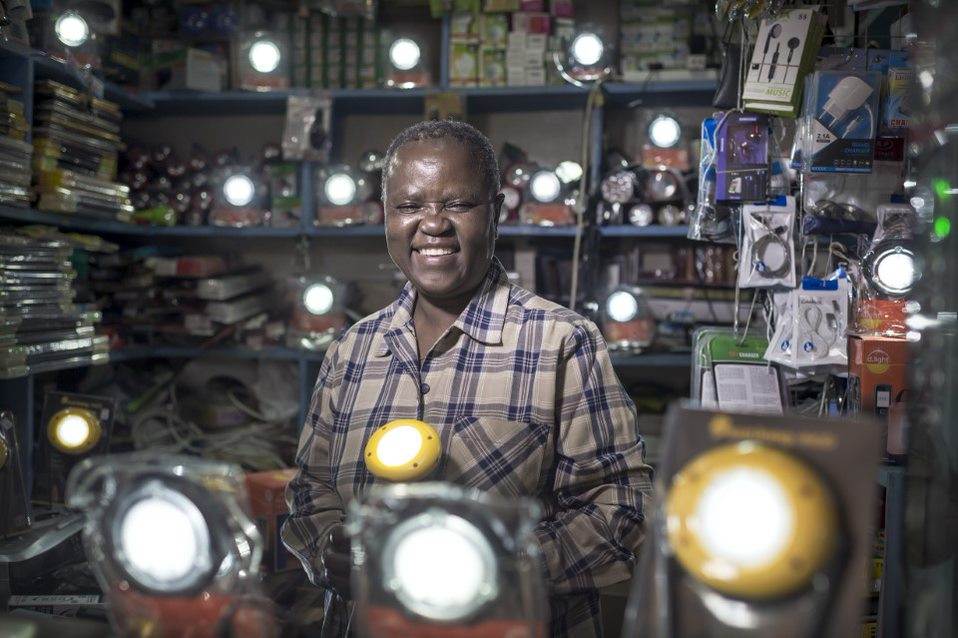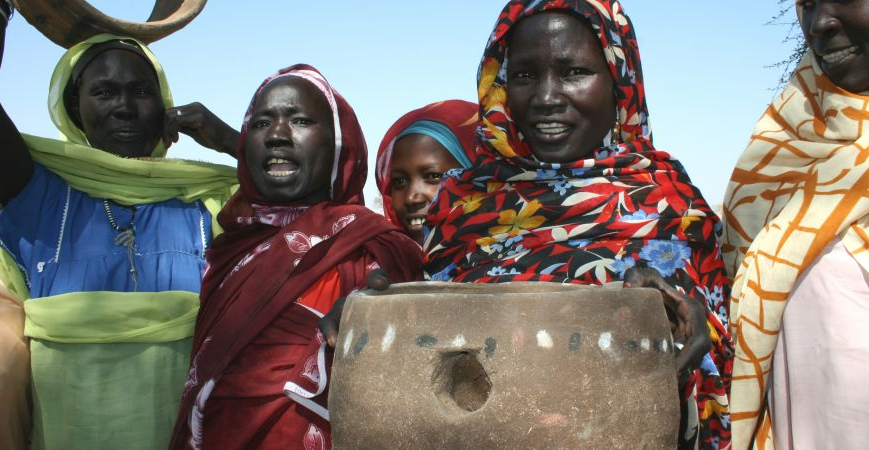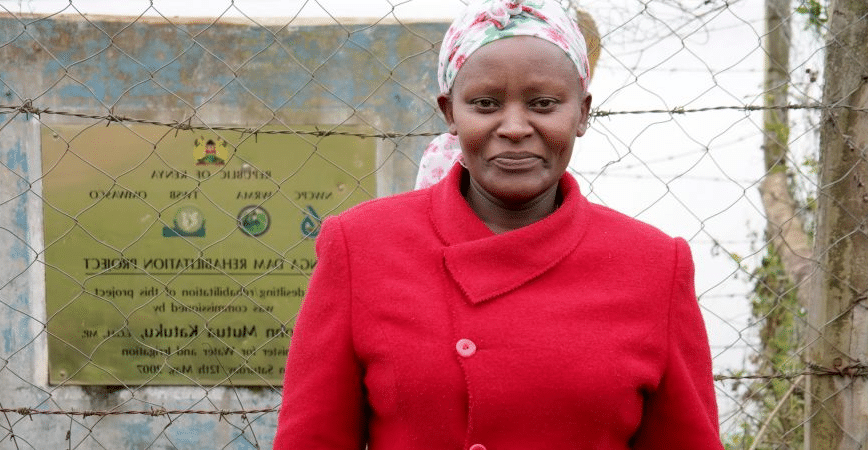We are a pioneering organisation in Humanitarian Energy. We have significant experience working with refugees, humanitarian organisations, the private sector and governments to facilitate access to renewable energy through market systems development. We utilise a variety of business and delivery models to address the different levels of energy needs in displacement settings. All our work are designed with refugee and host communities at the core, by engaging them in every stage of our programmes. We use flexible approaches, and co-design sustainability strategies to ensure that communities will benefit from the technologies in the long-term.
The Humanitarian Engineering and Energy for Displacement (HEED) project
The Humanitarian Engineering and Energy for Displacement (HEED) project was designed to help build a better understanding of the energy needs of displaced communities. HEED aimed to find innovative energy solutions that work at both a social and technical level, so that sustainable energy could be more accessible and affordable for forcibly displaced communities around the world.
HEED helped bring solar energy access to the displaced populations in Rwanda and Nepal: a solar micro-grid and a solar standalone system serving a nursery school, a playground and a community building in refugee camps in Rwanda; solar streetlights in Rwanda and Nepal; and solar lanterns distribution in Rwanda.
We worked as an implementing partner involved in every stage of the project: from initial assessment, design and community engagement; through to installation, handover and sustainability strategies. We also shared several pieces of research that have enriched the sector with new knowledge. As well as numerous practical lessons on the implementation of energy projects in humanitarian settings, on the co-design processes and community engagement, on sustainability and ownership models, and on partnerships between multidisciplinary teams.
Electricity Assessment for Host Communities and Forcibly Displaced People in the Sahel and Lake Chad Basin
It’s estimated that there are 2.4 million people (213,600 refugees and 2,179,300 internally displaced people (IDPs)) displaced people in the Lake Chad Basin region, many of whom are hosted by local communities. In the Sahel region, there are approximately 1.1 million FDPs of which 733,121 are refugees and 396,252 and IDPs. The high numbers of FDPs impact both regions’ economies and already limited infrastructure. A lack of energy access, for example, prevents development, and limits the ability to build the resilience of host communities and forcibly displaced persons (FDPs).
The overall purpose of both of these World Bank projects is to better understand demand and supply and identify market barriers, key market players and support required to promote the growth of basic electricity services for conflict-affected zones (borders), areas indirectly affected by conflict, host communities and FDPs in the Lake Chad Basin and Sahel region.
In partnership with Trama Tecnoambiental (TTA), we are carrying out a socioeconomic and demand assessment of conflict-affected communities; an assessment of energy needs and technology solutions; a market and stakeholder assessment consisting of market characterisation; and an assessment of delivery mechanisms of energy solutions in conflict-affected areas which includes an identification of business models and possible areas for investment, as well as an environmental, social and gender assessment of proposed interventions.




